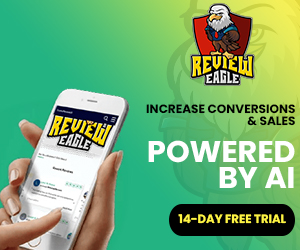With the advent of the internet, businesses have started to look towards online marketing as an effective means to increase their sales. This is because online marketing has become a lot more affordable than traditional marketing methods. However, it is important that the websites of these businesses are in compliance with all applicable laws and regulations. The main aim of this article is to discuss how the website of a business can be compliant with ADA and other relevant laws.
The Americans with Disabilities Act (ADA) was passed by the US congress in 1990. It provides for the protection of disabled persons from discrimination in employment, public accommodations and telecommunications. This law covers all businesses that fall under the purview of the federal government. Therefore, it applies to the website of any business that has a federal license or falls under the jurisdiction of the federal government.
The law also covers the website of any business that sells goods or services to the general public. This includes businesses that sell products online. The ADA requires that websites that are accessible to people with disabilities must comply with the requirements of the law.

It is important to note that not every website needs to be ADA compliant. Some websites are only required to be compliant with the requirements of the law if they serve customers with disabilities. In order to determine whether a website is required to be compliant with the law, one needs to consult with an attorney who specializes in ADA litigation.
The website of a business that serves customers with disabilities must provide clear and conspicuous notice of its compliance with the law. This should be done at the time of registration. The website should also contain a link to a page that provides information about the law.
The website of any business that does not serve customers with disabilities must not discriminate against anyone on the basis of disability. This means that the website cannot refuse to allow access to disabled people or restrict them from using the website. It also means that the website cannot use any method to screen out disabled people from accessing the website.
The website of every business that serves customers with disabilities should make efforts to ensure that its website is accessible to all people. This means that the website should be accessible to people who use different devices and operating systems. It should also be accessible to people who use assistive technology.
The website of all businesses that serve customers with disabilities must ensure that it is not deceptive or misleading. This means that the website must not mislead customers into believing that the business offers certain services when it does not.

The website of businesses that serve customers with disabilities should also be free from any content that is offensive or indecent. This includes content that is racist, sexist, homophobic, etc.
If you have any questions regarding ADA Website Compliance, please contact an attorney.








